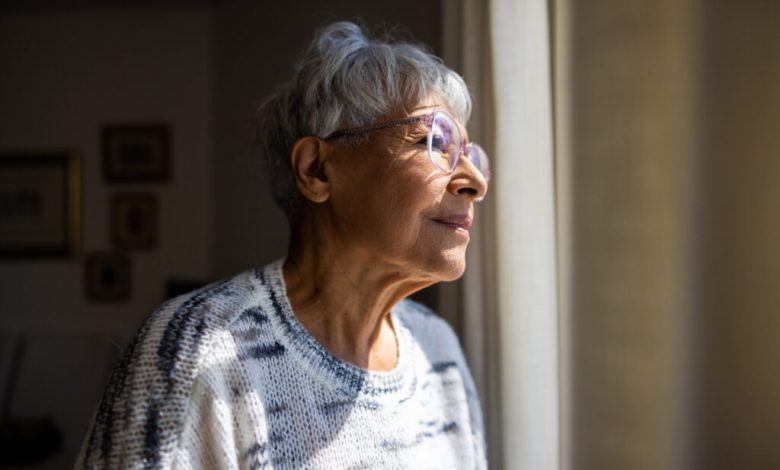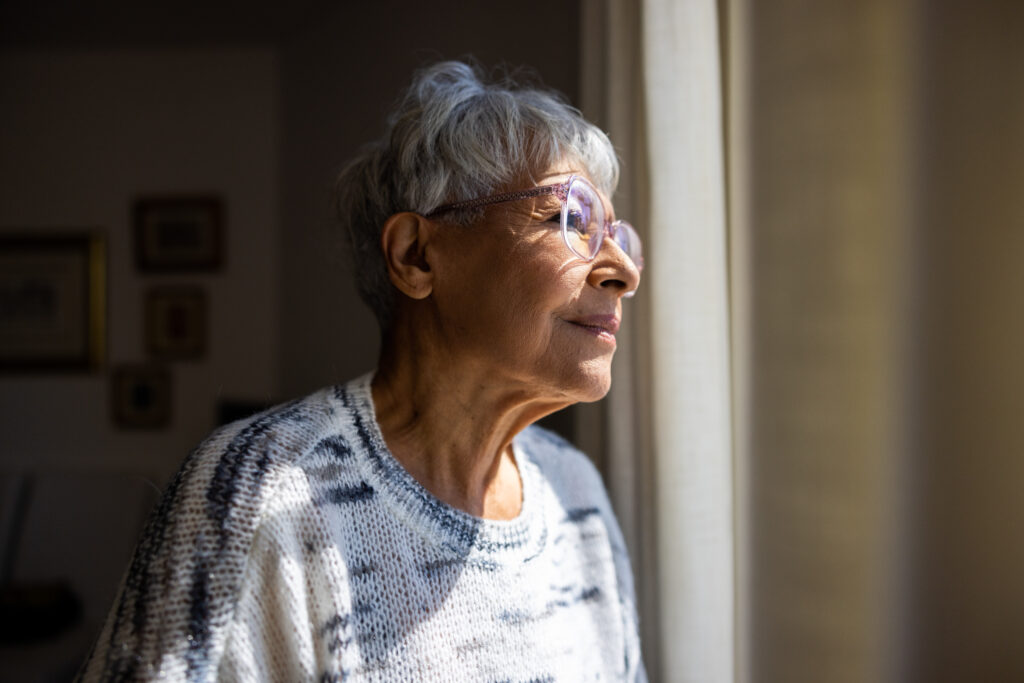Why Blacks Aren’t Qualifying for Alzheimer’s Clinical Trials – BlackDoctor.org


Despite the increased risk of Alzheimer’s disease, African Americans and Hispanics are underrepresented in clinical trials. A recent USC study finds that some racial groups are underrepresented in Alzheimer’s studies, and that’s simply because they don’t qualify.
Researchers from the Keck School of Medicine of USC evaluated blood tests and brain scans from 4,905 participants, ages 55 to 80. Those tests are what’s used to detect levels of amyloid, which is a marker for Alzheimer’s disease, and Black people have less detectable amyloid. Participants who identified as non-Hispanic white were more likely than any other racial group to meet eligibility cutoffs for clinical trials.
Black people have lower amyloid levels
According to Doris P. Molina-Henry, PhD, assistant professor of research neurology at the Alzheimer’s Therapeutic Research Institute (ATRI) at the Keck School of Medicine and lead author of the study, these findings may contribute to the underrepresentation in trials aimed at lowering amyloid levels.
Molina-Henry feels that the prevalence of low amyloid levels in Black people opens up a host of questions regarding the development of Alzheimer’s disease. She says, “If it’s not amyloid that’s driving Alzheimer’s disease, what is it? Or if amyloid is driving this, what is making the brain of someone from a group at higher risk for dementia much more susceptible?”
The study was a part of clinical testing for a new drug, and the research team at Keck sought to recruit and enroll diverse participants who were considered preclinical, especially people traditionally underrepresented in Alzheimer’s studies. The participants included: 60 Hispanic Blacks, 671 Hispanic whites, 101 non-Hispanic Asians, 381 non-Hispanic Blacks and 3,692 non-Hispanic whites.
Of the 4,905 people tested, 1,724 (35.1 percent) were eligible to participate in a clinical trial. Of those who met the criteria for the study, only 13.3 percent of Hispanic Blacks and 24.7 percent were non-Hispanic Blacks.
The result of the disparity seems like it would explain why Black people are 35 percent less likely to be diagnosed with




